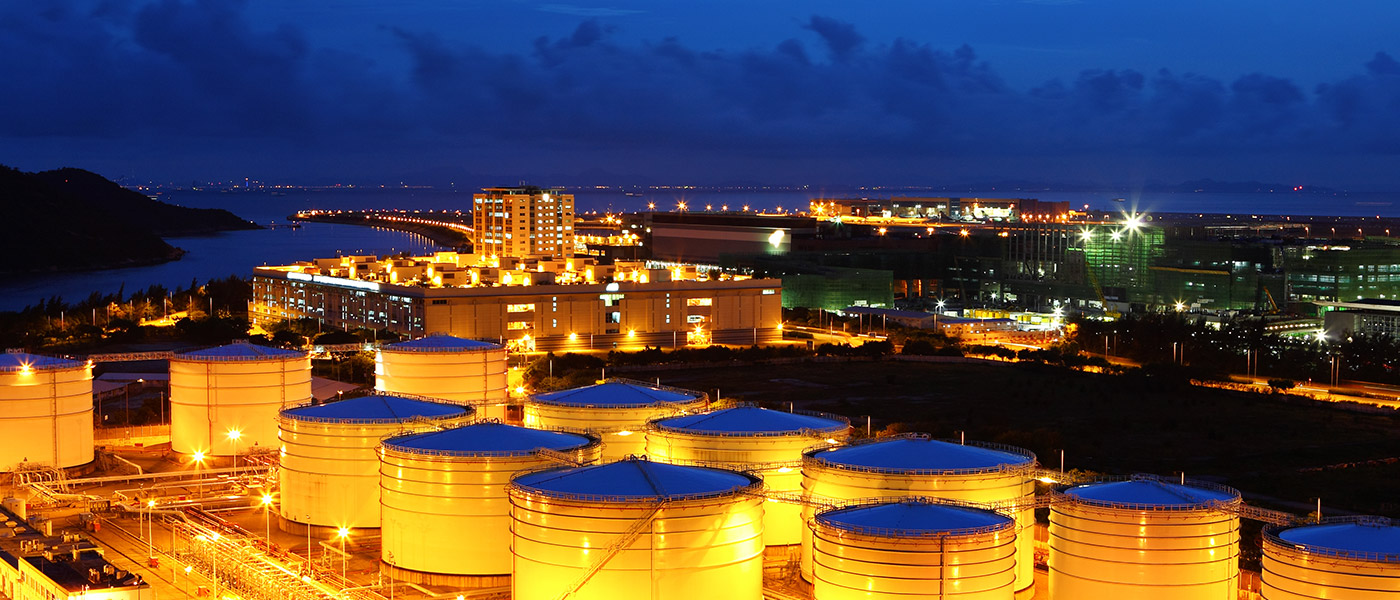Key Elements of The 2017 National Petroleum Policy
Posted on Tue 22 Aug 2017
- Download Resource
-
Separate fiscal regime each for Oil and Gas
The NPP envisions a new fiscal framework that will separate oil from gas. In essence, gas projects will be developed based on their economics and not dependent on, or consolidated against, oil taxation.Currently, it is permissible under the Associated Gas Framework Agreement (“AGFA”), for Associated Gas (AG) and Non-Associated Gas (NAG) costs to be recovered from oil income through cross-subsidizing of oil projects to gas projects. This new fiscal framework seeks to eradicate the distortions in the AGFA by emplacing a corrective and optimum fiscal regime tagged Fiscal Rules of General Application (“FRGA”). Whilst the FRGA is good for the development of the gas sector and the overall petroleum industry, we note that the AGFA (which it seeks to repeal) is codified in sections 11 and 12 of the Petroleum Profits Tax Act. Consequently, the NPP-birthed FRGA may not become effective in enforcing the desired separate oil and gas tax regimes until the PIRB or any other legislation is passed into law in order to implement the FRGA.
-
Financing mechanisms for the petroleum sector
The NPP is expected to encourage sector financing, in a manner that will encourage all types of project financing mechanisms with minimal role for the Government in the future. In essence, project financing in the sector will be done through one or more of several finance sources including government budget; equity funding by private sector companies or government owned corporations; loans from Nigerian and international commercial banks; and International Financial Institutions (IFIs) including the World Bank, International Financial Corporation and African Development Bank.There will also be a shift in the use of Joint Ventures (JVs) to the use of Incorporated Joint Ventures (IJVs) and Production Sharing Contracts (PSCs), with the goal of exiting all cash call arrangements under the NNPC JVs (which have proven problematic in the past) by the end of 2017.
-
Sovereign Wealth Fund
Under the NPP, the Government will explore mechanisms by which petroleum revenues can be used both for financing infrastructure projects and managed for the benefit of future generations. It is therefore intentioned that the Government will agree a cap on the proportion of petroleum revenues that can be spent on current national expenditure while the remainder will be set aside for funding major infrastructure projects and invested in a Sovereign Wealth Fund (SWF) for future generations. -
Niger Delta
The intention of the Government to develop a Niger Delta wide model, which will involve Niger Delta communities directly in infrastructure, social and petroleum development, is well articulated in the NPP. Concepts to be considered include: development of small and marginal fields in partnership with local communities, models for community based trust funds, and small equity holdings for communities with oil operations in their areas. The NPP notes that although the Government intends to take measures to restore long term stability to the region, operators are expected to take the necessary measures to secure their facilities, in the meantime.
More Insight
 Fri 21 Mar 2025
Fri 21 Mar 2025IP PROTECTION FRAMEWORK IN NIGERIA - TRADEMARKS
 Wed 18 Dec 2024
Wed 18 Dec 2024SEC’s Draft Rules Facilitate Pension Funds’ Investment In ...





